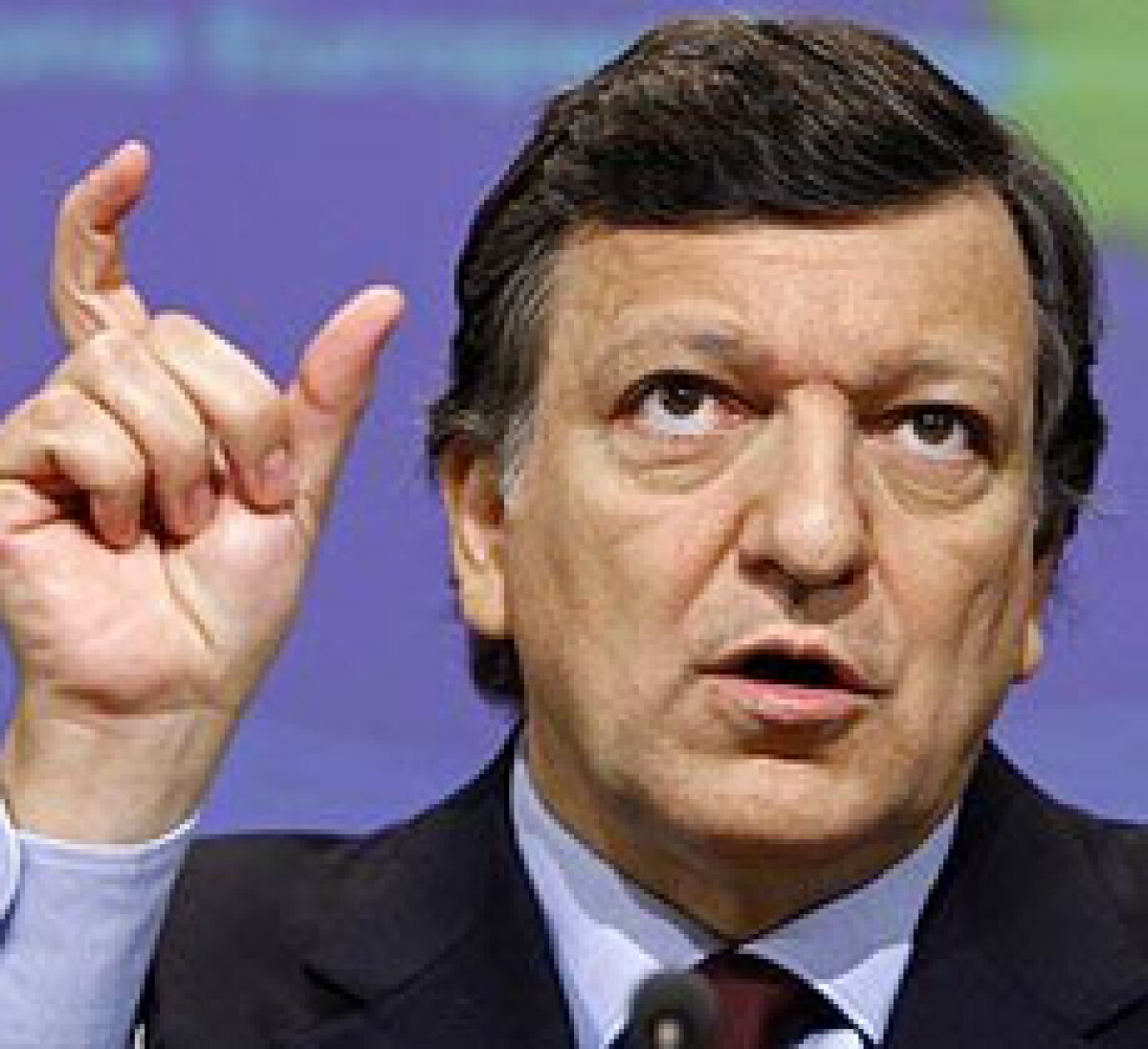Focus Around the world
European Commission presents the EU framework on climate and energy for 2030
Reduction in greenhouse gas emissions by 40% and a renewables binding target of at least 27% before 2030, these are the two key points of the 2030 framework, the new program drafted by the EU Commision last week.

The reduction in greenhouse gas emissions by 40%, below the 1990 level, and a renewables binding target of at least 27% for every member state: these are the two key points of the 2030 framework.
The program drafted by the European Commission includes a report on energy prices and costs in Europe and a legislative proposal for a market stability reserve for the EU emissions trading system (EU ETS) starting in 2021.
The European Council is expected to consider the framework at its spring meeting on 20-21 March.
European Commission President José Manuel Barroso said:
"Climate action is central for the future of our planet, while a truly European energy policy is key for our competitiveness. It is in the EU's interest to build a job-rich economy that is less dependent on imported energy through increased efficiency and greater reliance on domestically produced clean energy”.
Energy Commissioner Günther Oettinger said:
”The 2030 framework is the EU's drive for progress towards a competitive low-carbon economy, investment stability and security of energy supply. My aim is to make sure that energy remains affordable for households and companies. 2030 framework sets a high level of ambition for action against climate change, but it also recognizes that this needs to be achieved at least cost”.
Connie Hedegaard, Commissioner for Climate Action, said: “If all other regions were equally ambitious about tackling climate change, the world would be in significantly better shape”.
The main aims of the 2013 framework are therefore as follows:
For further informations visit:
http://ec.europa.eu/energy/2030_en.htm
http://ec.europa.eu/clima/policies/2030/index_en.htm
The program drafted by the European Commission includes a report on energy prices and costs in Europe and a legislative proposal for a market stability reserve for the EU emissions trading system (EU ETS) starting in 2021.
The European Council is expected to consider the framework at its spring meeting on 20-21 March.
European Commission President José Manuel Barroso said:
"Climate action is central for the future of our planet, while a truly European energy policy is key for our competitiveness. It is in the EU's interest to build a job-rich economy that is less dependent on imported energy through increased efficiency and greater reliance on domestically produced clean energy”.
Energy Commissioner Günther Oettinger said:
”The 2030 framework is the EU's drive for progress towards a competitive low-carbon economy, investment stability and security of energy supply. My aim is to make sure that energy remains affordable for households and companies. 2030 framework sets a high level of ambition for action against climate change, but it also recognizes that this needs to be achieved at least cost”.
Connie Hedegaard, Commissioner for Climate Action, said: “If all other regions were equally ambitious about tackling climate change, the world would be in significantly better shape”.
The main aims of the 2013 framework are therefore as follows:
- a low-carbon economy;
- a competitive and secure energy system;
- affordable energy for all consumers;
- to reduce our dependence on energy imports;
- to create new opportunities for growth and jobs.
For further informations visit:
http://ec.europa.eu/energy/2030_en.htm
http://ec.europa.eu/clima/policies/2030/index_en.htm


